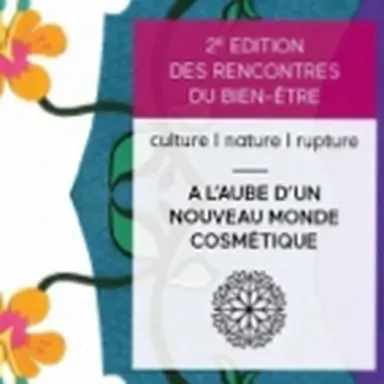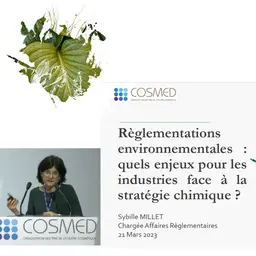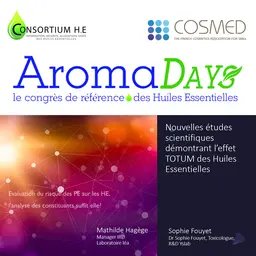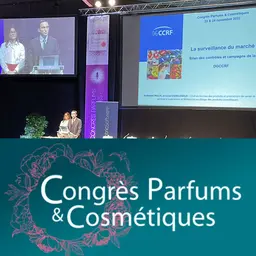
According to the European Union, Corporate Social Responsibility (CSR) is a ‘concept whereby companies integrate social and environmental concerns in their business operations and in their interaction with their stakeholders on a voluntary basis.’ The second edition of Rencontres du Bien-Être, a wellness congress organized by the FEBEA (French Federation of Beauty Companies), focused on environmental preservation by cosmetics companies.
Eco-awareness has been at the core of all kinds of debates for quite some time, and the cosmetics industry is no exception. To highlight this point, the FEBEA, represented by Virginie D’Enfert, in partnership with research firm Vigeo Eiris, embodied by Claire Coletti, presented the results of a study conducted among 30 companies in the cosmetics industry, including major groups and SMEs. What for? To show the industry and the environment are two of a kind.
To introduce the subject, Virginie D’Enfert reminded that ‘when it comes to ecodesign, everyone thinks about packaging, recyclability, and the choice of more or less light materials. However, Vigeo’s analysis is much more demanding, since the whole product life cycle is taken into account.’
To consumers, the most important aspect is packaging. The study shows that major companies are a little more advanced than SMEs, mainly for financial reasons. Claire Coletti explained that ‘they usually have an accurate tool for analyzing life cycles, a tool that is complex enough to screen all manufacturing phases: from material extraction to manufacture a pack component, to recycling. It helps take into account all environmental impacts.’ During the audits, the research firm demonstrated that companies tend to lighten the pack weight or use bioplastics, ‘but this has limits, because there are a lot of problems with the compatibility between the formulas and the packs.’
As regards formulas, it is a little more complex. Claire Coletti did emphasize the fact that all the companies studied launched a life cycle analysis on a few of their products, but not on their entire range.
Traceability of the supply chain
As for this aspect, Virginie D’Enfert conceded it is the most complex part of the assessment. ‘The traceability of the supply chain involves social factors. When you are dealing with remote sourcing, social standards like forced or child labour come into play,’ she explained.
Claire Coletti, manager of the study, indicated that ‘it is not always easy for companies, whatever their size, to really know all players throughout the supply chain, for example from the extraction of rose petals or vanilla in Madagascar to the finished product. Most of the companies surveyed have less than 40% visibility on the supply chain, which is not much. Major companies manage to play their game well, because they have more resources. Their buying structures are more developed, which makes it possible for them to send suppliers questionnaires and collect information throughout the process.’
The biggest groups also have more financial means, so they can carry out social and environmental audits throughout the chain. Claire Coletti took the example of Yves Rocher and Pierre Fabre Managers, ‘who travelled abroad to check how their ingredients were harvested.’
She also drew the audience’s attention on ‘the ingredients that may harm a company’s reputation, like palm oil, due to deforestation, or mica, associated with child labour in India. Traced chains need to be established because of these issues.’
To conclude, Virginie D’Enfert reiterated the fact that the FEBEA does not intend to point at good or bad players as regards these issues, but they consider it ‘essential to be aware of them, especially from a human standpoint. The cosmetics industry is committed to CSR. The themes it needs to address are not easy to deal with, so the road is long, but we are heading to the right direction.’













